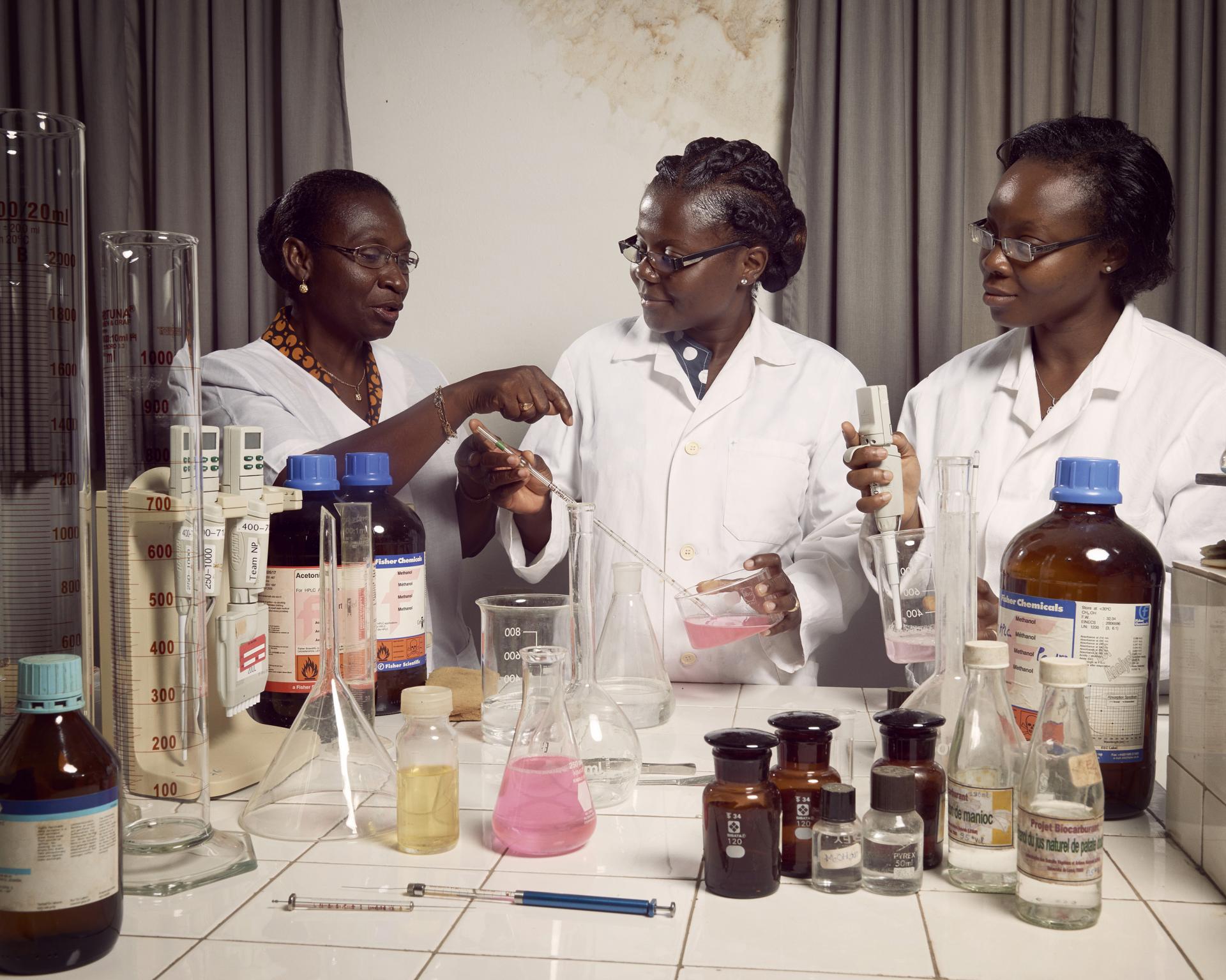Fragility, conflict, and violence (FCV) is a substantial development challenge that threatens efforts to create sustainable growth and end extreme poverty. IFC Advisory teams supported by FIAS have been expanding their engagement in FCV in line with the World Bank Group's emphasis on this strategic priority.
According to Bank Group estimates, by 2030, nearly two-thirds of the world's extreme poor could live in FCV countries. Conflict creates 80 percent of all humanitarian needs and has the potential to reduce gross domestic product (GDP) growth by two percentage points per year. Addressing fragility, conflict, and violence is a strategic priority to achieve the World Bank Group’s Twin Goals—ending extreme poverty and boosting shared prosperity.
Violent conflict has spiked since the start of the decade, and the fragility landscape is becoming more complex. Climate change, rising inequality, demographic change, and new technologies are creating new and complex fragility environments. Both low- and middle-income countries are affected by such risks, yet despite these risks, Bank Group interventions can deliver more immediate and significant benefits in these types of situations.
Along with IDA and Sub-Saharan Africa countries, states affected by FCV are a priority area of FIAS strategy. The challenge is formidable, as fragile states tend to increase private sector hesitancy to invest and engage. Yet private sector growth is precisely the ingredient that can be most crucial in tamping down instability and political violence and stabilizing countries in fragile situations. FIAS-supported work in FCV countries emphasizes creativity, flexibility, and adaptability for success in helping advance the long-term effort of building institutions, developing regulatory capacity, and implementing sector-specific reforms.
In FY21, 24 projects, or one third of the entire project portfolio, were underway in FCV countries. In FY19 and 20, FIAS support helped bring about 17 reforms to improve the climate for private investment in 6 FCV countries— the Democratic Republic of Congo, Kosovo, Mali, Mozambique, Togo, and Zimbabwe. One-third of the 51 reforms achieved with FIAS support in FY19–20 were in FCV countries. In FY19, FIAS supported 31 projects touching on FCV countries either directly or as part of regional projects, amounting to 36 percent of the 85 client-facing projects. In FY20, 33 out of 110 client-facing projects, or 30 percent, benefited FCV countries.
FIAS-supported IFC advisory work is trying to help address numerous constraints to growth in Togo. The investment climate project seeks to increase the use of construction permits in Lome, improve the efficiency of administrative procedures for registering property and managing property-related information, and decrease the time required for enforcing contracts and increase the number of registered businesses by 1,000. Togo was one of the top 10 reforming countries in the world in the FY19 Doing Business Report. Togo's Doing Business rank jumped from 137 to 97, and its Ease of Doing Business (EODB) score of 62.3 placed the country nearly two-thirds of the way toward the frontier of excellence as a business-friendly economy.



